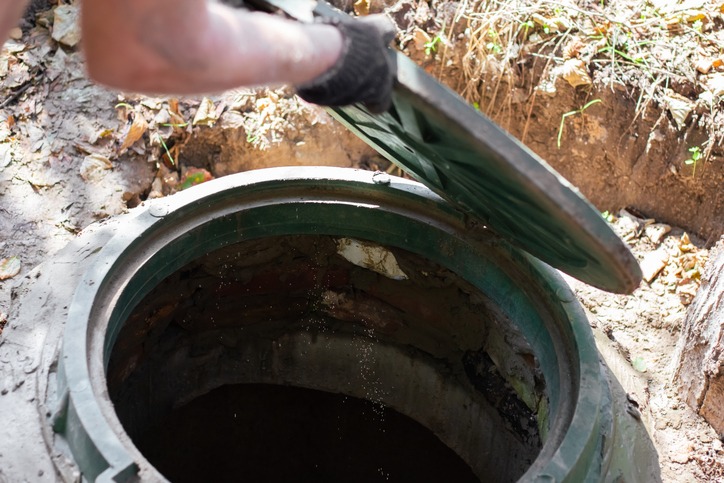3 Important Things You Should Know About Septic System Cleaning
Septic system clean-outs can improve your drains' speed and prolong your septic tank's livelihood. These cleanings should be scheduled every three to five years to fully enjoy all the benefits that come with a clean, unblocked plumbing system. However, while it may seem tempting to perform these cleanings at home, you should always hire a professional to perform septic tank maintenance. Otherwise, you run the risk of damaging a component or causing a septic drain field leak. Ultimately, to fully avoid the potential dangers associated with amateur plumbing, you should call one of Jones Plumbing & Septic Tank Service's septic tank contractors. Our plumbers are highly knowledgeable and trained, allowing them to perform cleanings with ease.
Contact Jones Plumbing & Septic Tank Service today to schedule a septic tank cleaning and pump-out for your property!

Signs You Need A Septic Clean-Out
It is important to recognize and identify the signs that your system needs septic cleaning. Slow-draining toilets, sewage backups, and standing water in the drain field are all signs that your septic system requires a deep clean.
It's best to consult a septic tank professional if you suspect something is wrong with your system. Our contractors will look at when your last maintenance appointment was, how many people regularly use your septic system, and the daily volume of wastewater your residence tends to produce before making a decision about how to proceed.
Septic Cleaning Versus Septic Pumping
While the two terms are easy to confuse, septic cleaning and septic pumping refer to two entirely different processes. Septic pumping involves the removal of liquids and solid waste from your septic tank. In contrast, septic cleaning consists of removing any remaining solids, along with washing the inside of the septic tank. This method uses pressurized water streams to break down solid waste that is still trapped in the system. All in all, septic cleanings and pumps tend to go hand in hand. Every time you have your septic tank pumped, you should also anticipate it being cleaned.
Septic System Maintenance Between Cleans
Septic tanks heavily rely on microbes and bacteria to break down solid waste. Without these beneficial bacteria, clogs and sewage backups could occur. In order to maintain and support the microbial ecosystem living in your tank, you should avoid flushing fat, oil, and grease (FOG), chemicals, cleaning products, and other inorganic or non-flushable materials down your toilets or drains.
